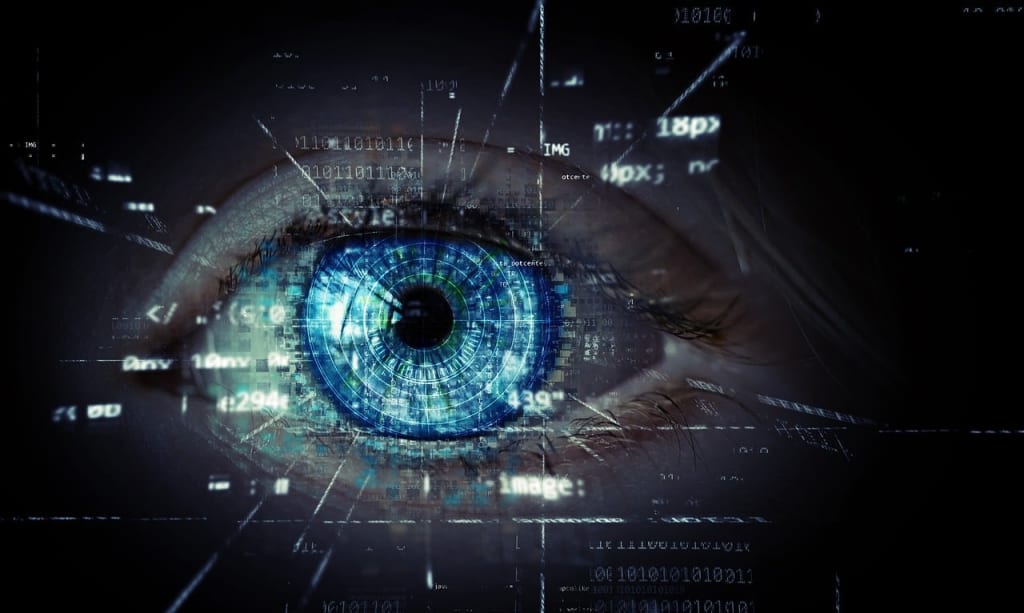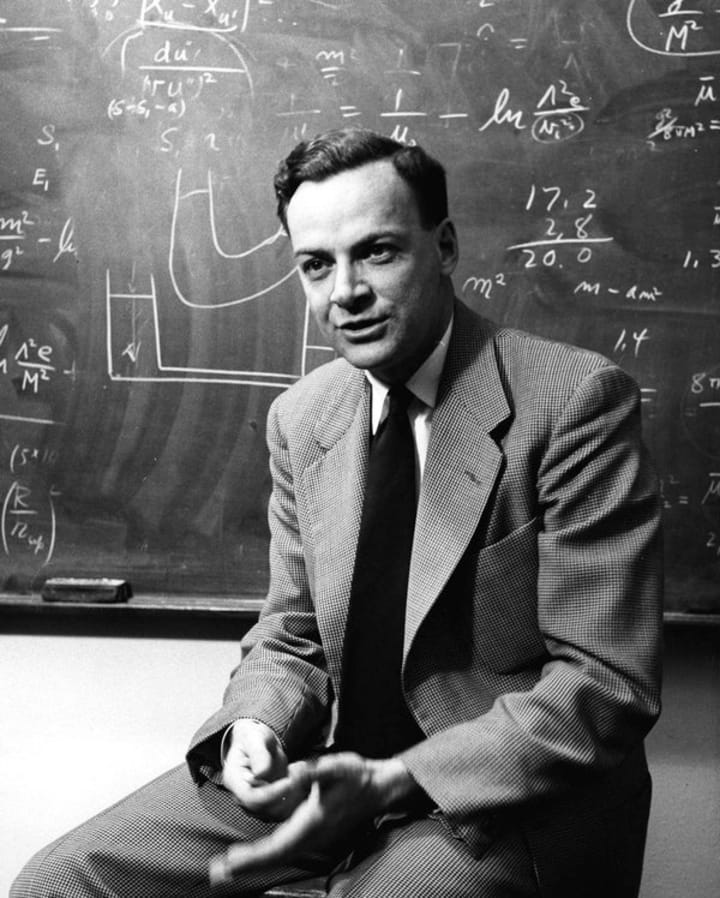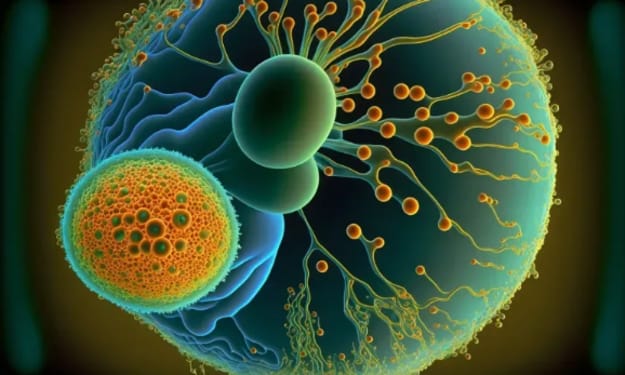Tiny Wonders...
The Fascinating World of Nanotechnology.

Nanotechnology, the Future of Science. From medicine to electronics, this new field is pushing the limits of what we thought was possible.
But what exactly is nanotechnology? How did it start, and why is it so important?
In this article, we’ll look at nanotechnology’s beginnings, uses, and potential, giving a clear understanding for those new to it and those interested in learning more.
The concept of nanotechnology was first introduced by physicist Richard Feynman in his famous 1959 lecture, “There’s Plenty of Room at the Bottom.”
Feynman imagined working with individual atoms and molecules, setting the stage for nanotechnology. However, it wasn’t until 1981, with the creation of the scanning tunneling microscope (STM) by Gerd Binnig and Heinrich Rohrer, that studying tiny materials became possible.
This invention won them the Nobel Prize in Physics and marked the real start of nanotechnology.

What is Nanotechnology?
Nanotechnology involves working with matter at the smallest scales, between 1 and 100 nanometers.
To give you an idea, a nanometer is one-billionth of a meter, much smaller than the width of a human hair.
At this tiny scale, materials can have special properties that are different from larger materials.
Why Use Nanotechnology?
Nanotechnology was developed to use the special physical, chemical, and biological properties that happen at the nanoscale. These properties help create materials and devices with new abilities, leading to progress in many areas:
Medicine: For targeted drug delivery, tissue repair, and advanced diagnostic tools.
Electronics: For smaller, faster, and more efficient devices.
Energy: For better solar cells, batteries, and energy storage.
Environment: For water purification, pollution control, and eco-friendly manufacturing.
Uses of Nanotechnology
1. Medicine: Nanotechnology is changing medicine with innovations like nanomedicine, which uses nanoparticles to deliver drugs directly to diseased cells. This makes treatments like cancer therapy more effective and with fewer side effects. Also, nanoscale materials are being used to create advanced diagnostic tools and tissue repair methods.
2. Electronics: In electronics, nanotechnology helps make components smaller, faster, and more efficient. Transistors, which are the building blocks of electronic devices, are now made at the nanoscale, leading to powerful yet compact gadgets.
3. Energy: Nanotechnology plays a key role in developing better energy solutions. For example, nanomaterials are used in solar panels to increase their efficiency, and nanotechnology-enhanced batteries provide more storage capacity and longer life.
4. Environment: Nanotechnology offers ways to tackle environmental problems. Nanomaterials can clean water, remove pollutants, and help create sustainable manufacturing processes that use less energy and produce less waste.
Challenges and Future Prospects
While nanotechnology has great potential, it also faces challenges such as ethical issues, environmental impact, and the need for more research to understand its long-term effects. However, ongoing advancements and collaborations continue to expand its possibilities, promising more innovative applications in the future.
To learn more about nanotechnology, here are some documentaries and films:
Documentaries:
“Nanotechnology: The Power of Small”: A detailed look at the impact of nanotechnology in different fields.
“Nano Revolution”: A series exploring how nanotechnology is transforming science, medicine, and technology.
Films:
“Iron Man” (2008): Shows futuristic uses of nanotechnology in advanced suits and medical devices.
“Transcendence” (2014): Discusses the possibilities and ethical questions around nanotechnology and artificial intelligence.

Nanotechnology is changing our world in exciting ways, from medicine to electronics and beyond.
Starting with Richard Feynman’s ideas to today’s advanced uses, it shows how creative and smart people can be.
As we learn more, we will see even more amazing things that make our daily lives better. Whether you are new to this field or already interested, nanotechnology has a lot to offer and discover.
Thank you.
About the Creator
Chitra Kaliwada
Hello There,
I'm a Biotechnology Enthusiast.
I will be sharing insights on Healthcare, Agriculture, Environmental Innovations & all the related topics to Biotechnology.
Enjoyed the story? Support the Creator.
Subscribe for free to receive all their stories in your feed. You could also pledge your support or give them a one-off tip, letting them know you appreciate their work.






Comments (1)
I appreciate your exceptional writting on nanotechnology.